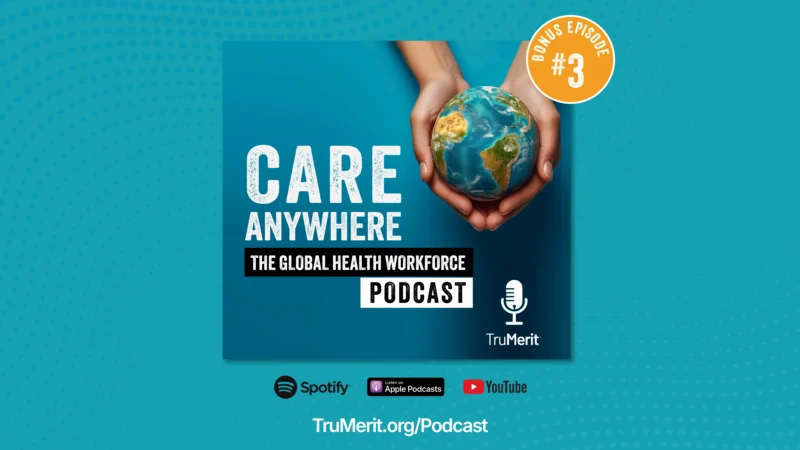AI Looks to Add the Value in Value-Based Care in 2024
The healthcare landscape is transforming, with artificial intelligence (AI) playing a pivotal role in advancing value-based care in 2024. Precision medicine, a cornerstone of VBC (value-based care), is being scaled up through innovative technologies, enabling healthcare delivery organizations to provide more individualized care by analyzing detailed aspects of a person’s health and environment. Despite the growing trends in AI and VBC, challenges such as scalability and large-scale adoption remain, highlighting the need for more robust data management systems and predictive analytics. Startups like Guidehealth are making significant strides, acquiring divisions like Arcadia’s value-based care service to enhance predictive and generative AI technologies, aiming to improve provider performance in risk-based contracts. As the healthcare industry navigates the post-Covid-19 landscape, AI’s responsible and augmented use in clinical decision-making and patient care prioritization is becoming increasingly crucial.
How can AI effectively support the transition to and optimization of value-based care in 2024?
The recent Experts Talk roundtable, hosted by David Kemp, MarketScale Healthcare Lead, tackles this critical subject. The discussion featuring Shawn Nason, the Founder & Chief Experience Officer at MOFI; Dr. José Medina-Inojosa, an Assistant Professor of Epidemiology at the Mayo Clinic College of Medicine; Dr. Michal Tzuchman Katz, a Pediatrician & CEO/Co-founder of Kahun; and Brian Urban, the Director of Innovation & Emerging Markets, at FinThrive, explores the current state and future trajectory of AI in enhancing healthcare outcomes and efficiency.
In this session, the panel covers the following:
- Progress in Adopting Value-Based Care Models, including the evolution from traditional fee-for-service to value-based care contracts
- AI’s Role in Enhancing Patient Care with a focus on how AI can aid in predictive care models, especially for patients with chronic conditions, and its potential to reduce administrative burdens on healthcare providers
- Challenges and Opportunities in implementing AI in healthcare, including issues of trust, data management, and the need for a holistic approach that includes social determinants of health
About the Guests:
Shawn Nason is a transformative figure in healthcare innovation, renowned for his disruptive thinking and approach to healthcare transformation. His expertise radically rethinks how healthcare organizations can create a more patient-centric experience. Nason’s healthcare and customer experience background, including his tenure at the Walt Disney Company, has equipped him with unique insights into how industries can intersect to enhance patient engagement and satisfaction.
Dr. José Medina-Inojosa is a distinguished figure in epidemiology and public health. His work at the Mayo Clinic College of Medicine has been instrumental in advancing our understanding of the interplay between lifestyle factors and chronic diseases. With a focus on preventive medicine, Dr. Medina-Inojosa has contributed significantly to research on cardiovascular health and obesity, emphasizing the importance of holistic approaches in patient care.
As a pediatrician and a leader in healthcare technology, Dr. Michal Tzuchman Katz brings a unique perspective to integrating AI in healthcare. Her work focuses on leveraging technology to enhance clinical decision-making and patient care. Dr. Katz’s expertise bridges the gap between clinical practice and technological innovation, ensuring that patient care remains at the forefront of healthcare advancements.
Brian Urban is a visionary in healthcare finance and innovation. His role at FinThrive has positioned him at the forefront of exploring emerging markets and innovative solutions in healthcare. Urban’s insights into the financial aspects of healthcare, combined with his focus on innovation, make him an essential voice in discussions about the future of healthcare, especially in the context of value-based care and technological integration.








